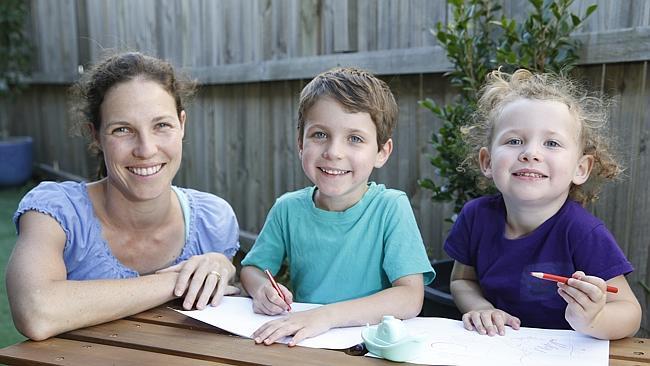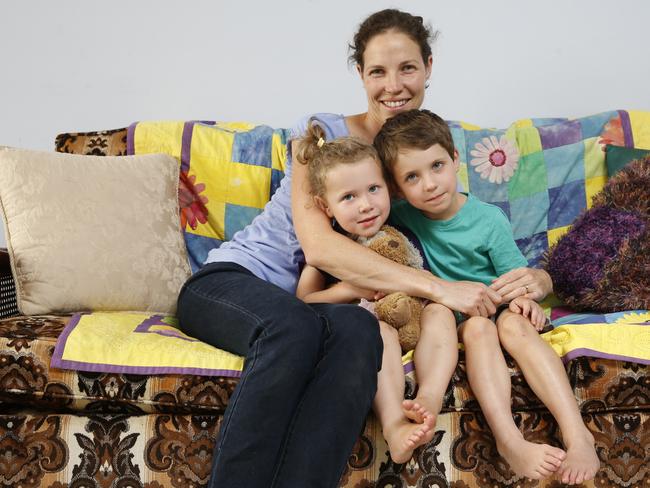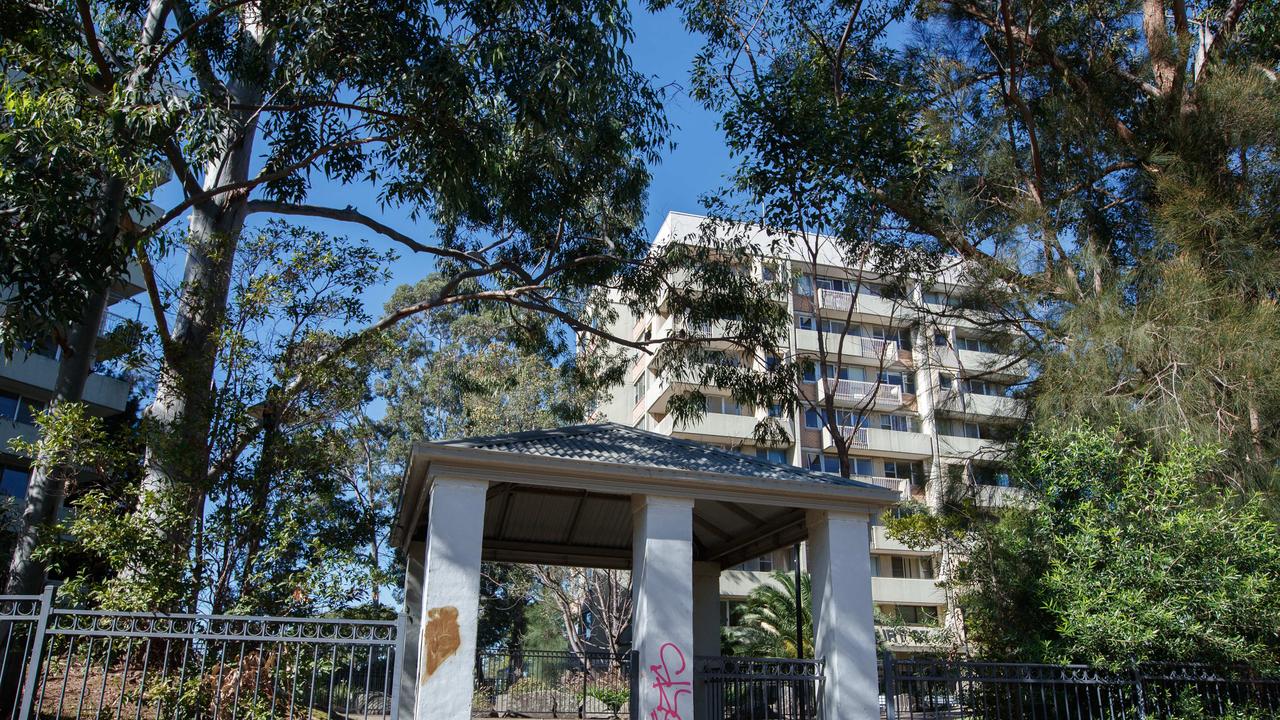Research by The Children’s Hospital at Westmead finds a prevention to food allergies in children
ADDING a small amount of egg to babies’ diets may help prevent allergies, according to research from The Children’s Hospital at Westmead.

Parramatta
Don't miss out on the headlines from Parramatta . Followed categories will be added to My News.
- $160-million apartment bonanza
- Jamie Durie adds star power to Parramatta project
- ‘Beginning of the end of a tragic story’
IN A groundbreaking piece of world-class research, a team from The Children’s Hospital at Westmead has proved the early introduction of eggs can help prevent food allergies in children.
Egg allergy is one of the most common food allergies around the world, often leading to serious side-effects in youngsters and it is the leading food allergy in Australian children.
One in 10 youngsters may experience mild symptoms like a tingly tongue, right up to serious swelling of the face and difficulty breathing.
More than 300 children were involved in the BEAT (Beating Egg Allergy Trial) study making it one of the largest and most significant allergy-related studies in Australia.
Dr John Tan, a paediatric allergist and immunologist at The Children’s Hospital at Westmead, played the pivotal role in the study and said he was proud of what his small team achieved.
“In South East Asia and the Middle East food allergies are virtually unknown,” he said.
“But we have a culture of allergies in the western countries and that’s seen an exponential rise in 20 years. In south East Asia, children are given these foods like eggs and peanuts from a very early age so partly we wanted to see if we could teach the body to accept these foods.”
Children who were most at risk of egg allergy were chosen for the trial including infants with eczema and a family history of allergies.
Joel Beddoe, now aged five, went on the study at four months with 335 other children chosen from 6000 families approached by the hospital. Half received small amounts of egg while the others had a placebo.

His mother Emma believes the trial was very important.
“It is good because we have been given advice about which foods to avoid and which to include,” she said.
“Joel has been having small amounts of egg and milk in a muffin — milk is also potentially allergic for those suffering from egg allergies.
“He still reacted but we have been told this is probably the way to handle the allergy and build resistance.”
Dr Tan and his team found introducing daily egg into the diets of infants at risk of egg allergy, from four to six months of age, did appear to lead to a reduction in food allergies.
Results of the study have just been published in the Journal of Allergy and Clinical Immunology and the Journal of the American Medical Association.
In another sign Australia punches above its weight, the Australian study cost around $40,000 while a similar UK study into peanut allergies cost $27 million.
The study was funded by The Children’s Hospital at Westmead Allergy and Immunology Research Fund with support from the Australian Food Allergy Foundation.
IN OTHER NEWS — AN END TO FOOD ALLERGIES?
DBV Technologies’ Dr. Pierre-Henri Benhamou tells WSJ’s Simon Constable how his company is working to annihilate food allergies, especially peanut allergies. Photo: Getty


